It’s been quite a few years since I took up gardening as a hobby. During that time, I’ve learned some things that have influenced how I approach life.
Some were concepts I already knew about, but my experiences really brought these lessons to life. Today I’d like to share them with you in the hopes that they might help you as well.
When failure happens, it’s often due to a lack of experience or knowledge. When I first started gardening, there was so much I didn’t know—things like soil, sunlight, watering routines, and how all of these change depending on your specific context, even in your own backyard.
I was excited to start my own veggie garden, but it wasn’t as productive as I’d hoped. While some crops, like carrots, did okay, others were always a disappointment—like tomatoes, always the tomatoes.
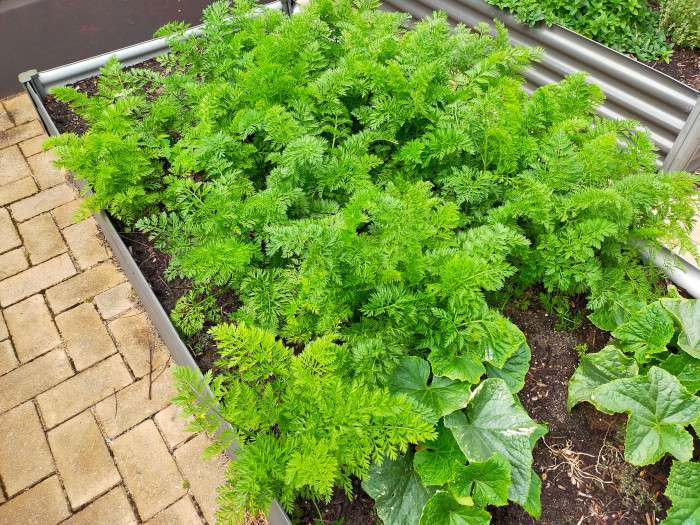
To improve my results, I started taking basic notes each year, recording details like water usage, pest occurrences, and effective treatments—basically, anything I was doing right or wrong.
This information helped me make better decisions and adjustments in the following years, eventually leading to a plan tailored to my garden’s unique context.
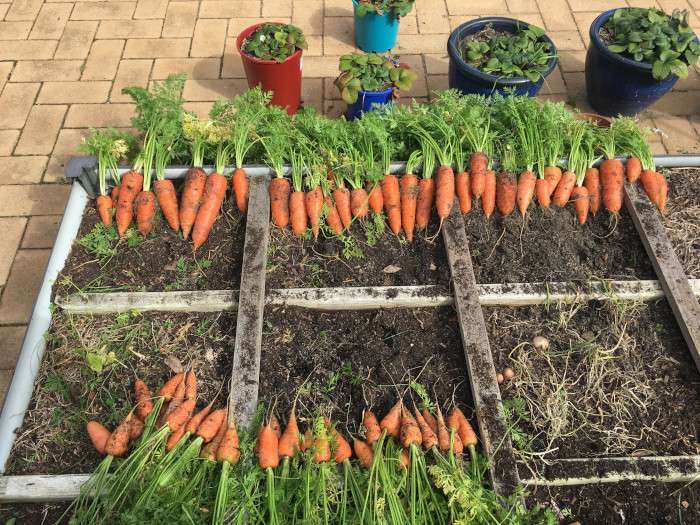
Success in the Garden
For example, a lot of gardening advice suggests watering deeply and infrequently (like twice a week), but my experience with hot Australian summers taught me otherwise. In extreme heat, plants often need daily watering to thrive, not just survive. Now, if it’s over 34°C (93°F), I hand water to prevent my plants from drying out.
This focus on thriving versus surviving highlights the need to adapt gardening practices to specific conditions. I also made mental notes on how the sun moves across my backyard each year, noticing that some areas become too shady in winter for vegetables.
By combining these notes with general observations, I’m able to refine my gardening techniques and improve my garden’s health and productivity
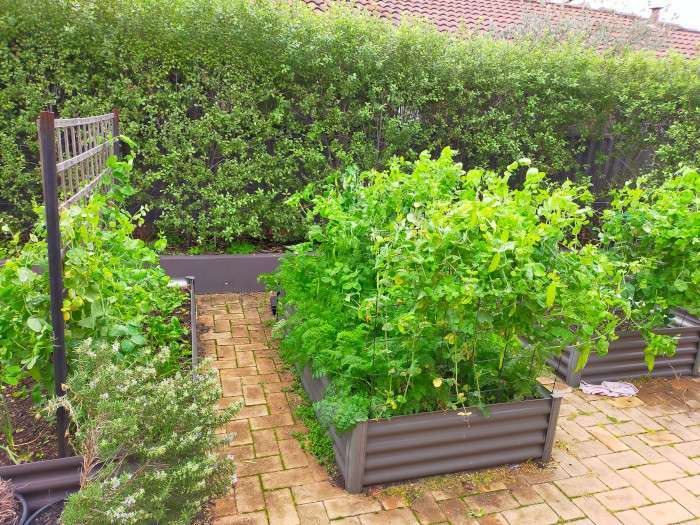
Success Outside the Garden
Taking notes in gardening has not only improved my plant-growing skills but also influenced other areas of my life. Documenting my gardening experiences has led to better results, and the same practice has benefited other projects.
Tracking tasks and progress helps me spot patterns and learn from successes and failures, allowing me to refine my approach. For example, tracking my weight daily and comparing weekly averages shows a steady downward trend, reassuring me that my methods are working.
Journaling about my experiences and emotions has brought clarity, perspective, and self-awareness, helping me make better decisions and pursue meaningful goals.
In essence, note-taking in gardening has become a symbol of intentional living and continuous learning, reminding me that growth extends beyond the garden into all aspects of life.
2. A Lesson on Action
I struggle with procrastination, a constant obstacle in my life. Recently, I decided to put a chicken coop in my backyard, but a concrete BBQ benchtop was in the way.
I tried demolishing it with a sledgehammer, but it was harder than expected. Frustrated after just 30 minutes, I gave up.
Each day, the sight of the BBQ outside my kitchen window served as a constant reminder of the task ahead. I knew that unless I took action, the BBQ would stubbornly remain in place. No one else was going to do this for me. So, I recommitted to the task and gradually made progress, feeling encouraged as I managed to cave in some sections.
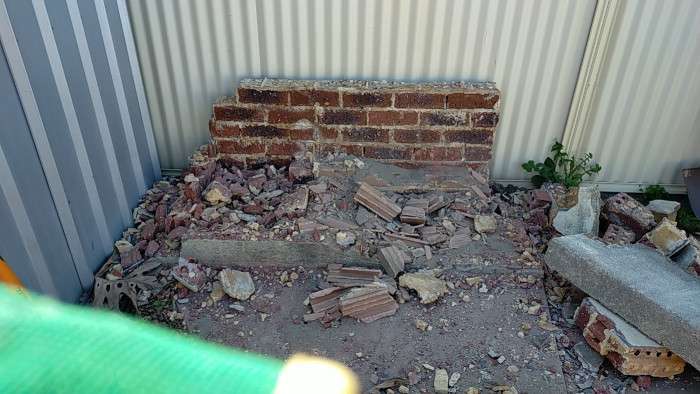
However, the final part of the demolition proved even more challenging. It became a true test of perseverance, and I found myself leaving it untouched for days.
But I couldn’t escape the truth: if I didn’t act, nothing would change. So, with renewed determination, I set out to finish what I started. Finally, after putting in the extra effort, I succeeded. Now, in place of the BBQ, stands a beautiful chicken coop.
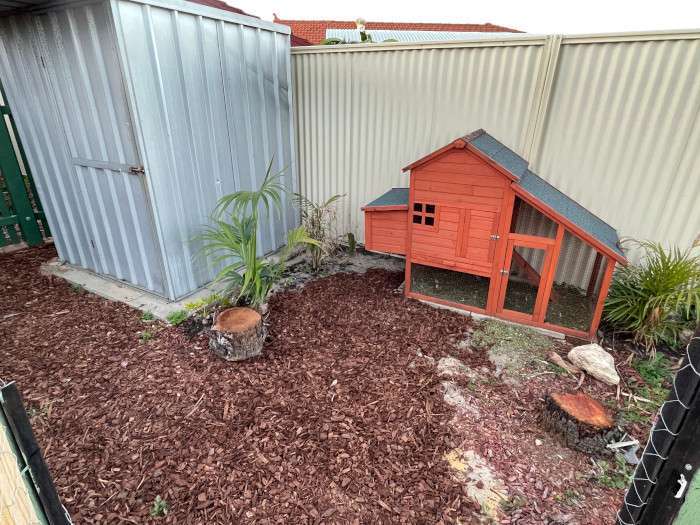
The story may seem silly, but it taught me a profound lesson: results require action. While it sounds simple, the path to achieving our goals is often filled with challenges and distractions.
By reminding ourselves that no action equals no results, we stay motivated to overcome these obstacles and take the necessary steps forward.
Don’t wait for things to happen—make them happen. Just as I demolished the BBQ bit by bit, every small action brings us closer to our goals. Progress is made through consistent effort, so embrace this approach, knowing each step counts.
If you want to change your life, you must first change your day.
3. Have Patience and a Process
Good things come to those who wait; gardening, like many worthwhile pursuits, requires patience and perseverance. Gardens take time to mature, and often, the first results may not seem impressive.
But with time, the transformation is truly remarkable. Though the changes can be subtle, looking back, you’ll be amazed at the progress.
I set out to transform a neglected corner of my backyard into a tropical sanctuary. The journey began with the difficult task of pulling up bricks, clearing artificial turf, and preparing garden beds.

Working out where everything would go and planting was the fun part. However, as with any endeavour, your initial enthusiasm can only carry you so far. There inevitably comes a point where the sheer magnitude of the task ahead can feel overwhelming, threatening to destroy your motivation.
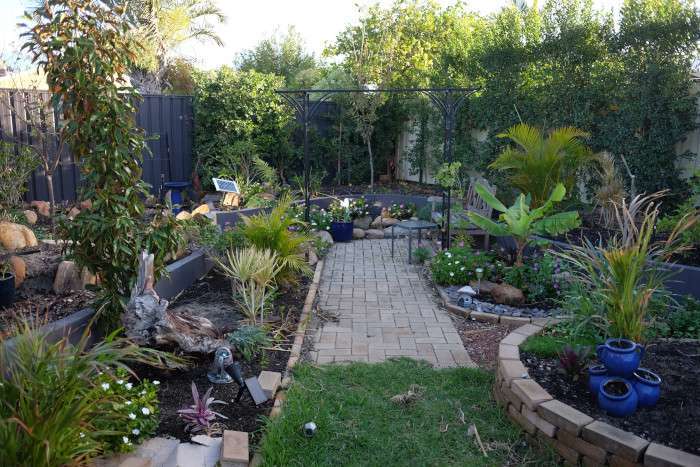
Construction and maintenance work—watering, laying bricks, digging, pest control, pruning, and fertilizing—can become a daily routine. Day by day, I tackled these tasks, yet it’s easy to feel discouraged when the results aren’t immediately visible.
That’s where the “set and forget” mindset comes into play. It’s about embracing routine maintenance and discipline while letting go of the need for immediate results. By focusing on the strength of your processes, success will naturally follow.
This mindset emphasizes the importance of patience, consistency, and trust in the natural progression of things, whether in gardening or other aspects of life.

So, the next time you find yourself faced with a daunting challenge or lofty goal, remember the wisdom of the garden. Embrace patience, cultivate perseverance, and trust in the transformative power of time.
4. Find More Leafy Moments
Spending time in nature has always been a good way to clear my mind. I had an interview for a job that I had spent a lot of time preparing for, and I felt that this opportunity could be life-changing, a pivotal moment.
The day before the interview, I found myself getting increasingly anxious. When I’m anxious, I tend to pace around, so I decided to go for a walk to get rid of some of that nervous energy.
The weather was nice and as I walked through my local park, I couldn’t help but appreciate the moment. While everyone else was at their work, I had the freedom to enjoy this walk.
It dawned on me that, ultimately, the job interview didn’t hold as much weight as I had initially thought. At the end of the day, it’s just a job. What truly matters are moments like these—moments of simple pleasures and connection with nature—that I aspire to fill my life with.
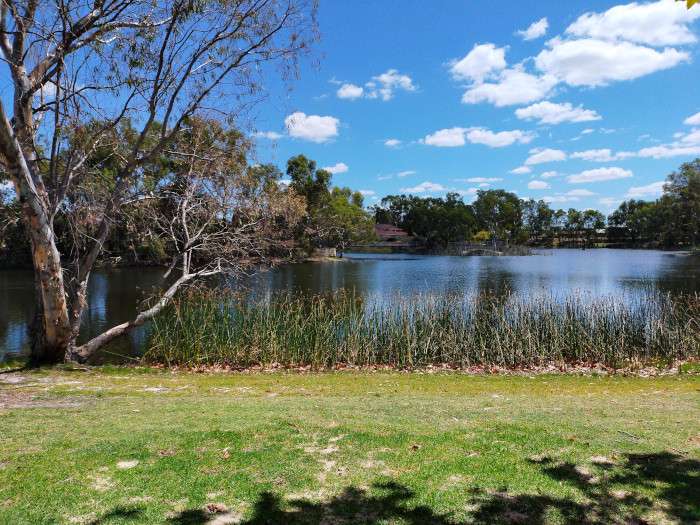
This realization connects with my own experience gardening. Often our thoughts are our own worst enemy. Regrets from the past or anxieties towards the future, but gardening redirects our attention and focuses us in the present.
It also creates a sense of purpose and accomplishment. Watching your garden evolve and seeing plants grow and flourish brings a deep satisfaction that helps transcend the stresses of everyday life.
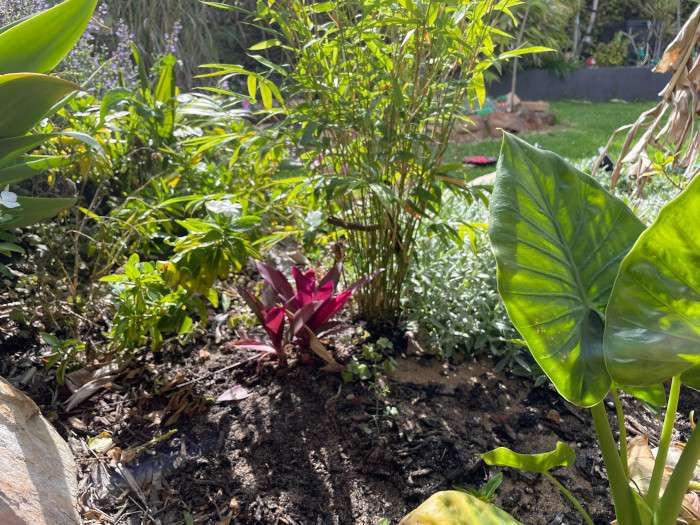
There’s something deeply grounding and invigorating about connecting with nature, and gardening provides a tangible way to nurture that connection.
In essence, amidst the hustle and bustle of life, it’s moments of tranquillity and appreciation for the natural world that truly enrich our lives. And for me, there’s no better place to find these moments than in the garden.
Excellent work! Looking forward to reading more posts 🙂